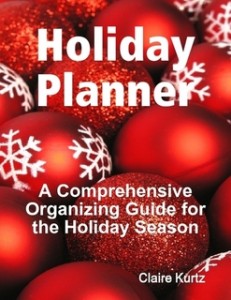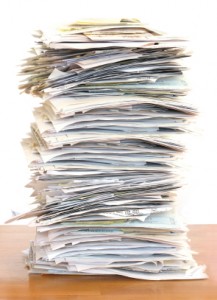With Christmas just a few days away, many of us are rushing to make last-minute preparations. While it’s unlikely we’ll forget to purchase wrapping paper, there are other tasks that may fall through the cracks. To mitigate this potential problem, we’ve created the following list of overlooked holiday to-do’s.
 Surprise Guests: Purchase a few extra gift cards or bottles of wine for unexpected holiday guests
Surprise Guests: Purchase a few extra gift cards or bottles of wine for unexpected holiday guests- Holiday Tips: Prepare and deliver your holiday gratuities/gifts for service personnel (baby sitters, maids, teachers, postal service person, etc.)
- Stockings: Buy stocking stuffers
- Thanks: Purchase thank-you cards for holiday gifts received
- Overnight Guests: Clean and prepare your home for out-of-town guests, you can get a maid, you can Hire from Savoir Vivre
- Charity: Send all charitable donations before the end of the year for inclusion in 2012 taxes
- New Years Eve: Make reservations for NYE events or meals
- Batteries: Purchase a few packs of batteries in varying sizes
- Groceries: Review your holiday meal menus and determine what still needs to be gotten off of the grocery list
- Receipts: Organize all holiday gift purchase receipts before the gift-exchange in case someone needs to return something. A new app called Topanga is also a great tool for keeping track of your holiday (and other) purchase information, returns, price details, coordinating products, and warranties.
We wish you a very happy and organized holiday season!
TWOW







